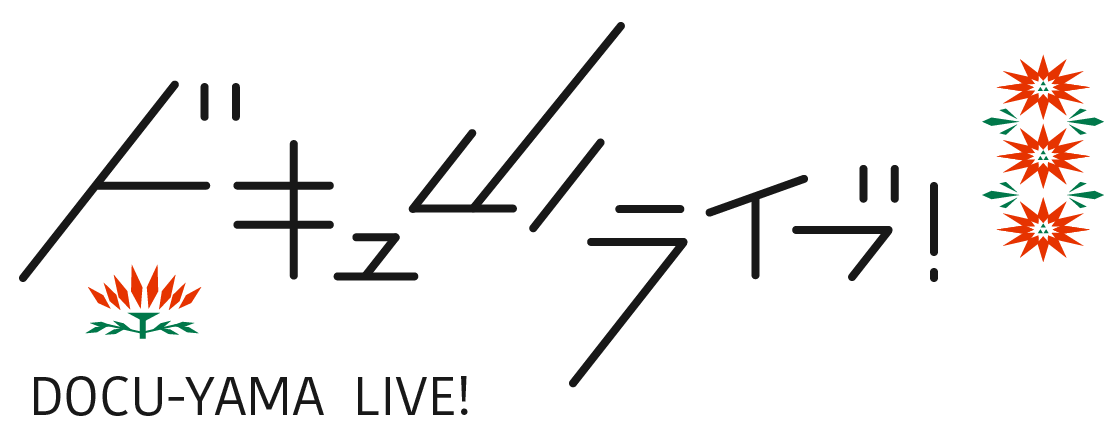Typhoon Morakot struck Taiwan in 2009, causing a mudslide that hit Hsiaolin village. The village vanished within seconds, and hundreds died. Directed by Lo Shin-chieh and Wang Hsiu-ling, A Gift from the Sky—The Tragedy of Hsiaolin Village, Part 2 (2013) follows the lives of the villagers and their relatives in the aftermath of the disaster. Through capturing events such as a funeral and the arguments over the planning of the new village, the film depicts the sorrow of the survivors.
The camera observes these events from a position like a “fly,” to use a metaphor articulated by director Lo himself in one scene. In the same scene, a surviving villager adds, “wherever there are things related to Hsiaolin village, the director must be there.” The villager further expresses his hostility to Lo, who is not fully trusted. Lo responds by saying that the documentary filmmaker has to be like a “vulture,” searching for meat from the dead.
This position of a vulture is manifested in various moments in the film in which the director asks questions from behind the camera. Instead of casual greetings, Lo interrogates children and adults over their feelings towards their deceased relatives and friends, provoking them to recall memories of the disaster. Nevertheless, in the same scene that the villager expresses his hostility, the villager also expresses his admiration for the director, because he believes the director is able to reveal the hidden truth, where all the other TV reporters can’t.
A similar duality is at work in the film’s portrayal of the villagers. Some of the victims make use of the brand of Hsiaolin for profit by selling Hsiaolin peaches and promoting the village’s night ritual dancing as a spectacle. As one of the survivors states, some of the villagers exploit the traditions of Hsiaolin without bothering to know the detailed history behind them. The benefits given by the government in compensation for the disaster can help a family to rebuild their lives, but, as the film shows, it can also cause the destruction of a family through the selfishness of the individual members.
In a scene in which director Lo asks some children about their experience during the disaster, a girl describes casually how an elderly man lay down on the ground and was eventually taken away by the mudslide. Through this cruel picture, with the calm and casual gesture of a child, the film raises questions about the ethics of portraying disaster. As vulture-style directors, Lo and Wang confront traumatic memory by revealing and recalling it directly, in a manner that might be compared to that used by TV reporters seeking to obtain descriptive information from victims. A Gift from the Sky—The Tragedy of Hsiaolin Village, Part 2 shows traumas with a cruelty that seems to be driven by the selfishness of all the parties involved.
![ドキュ山ライブ! [DOCU-YAMA LIVE!]](http://www.yidff-live.info/wp-content/themes/yidff-live_2017/images/header_sp_logo1.png)

